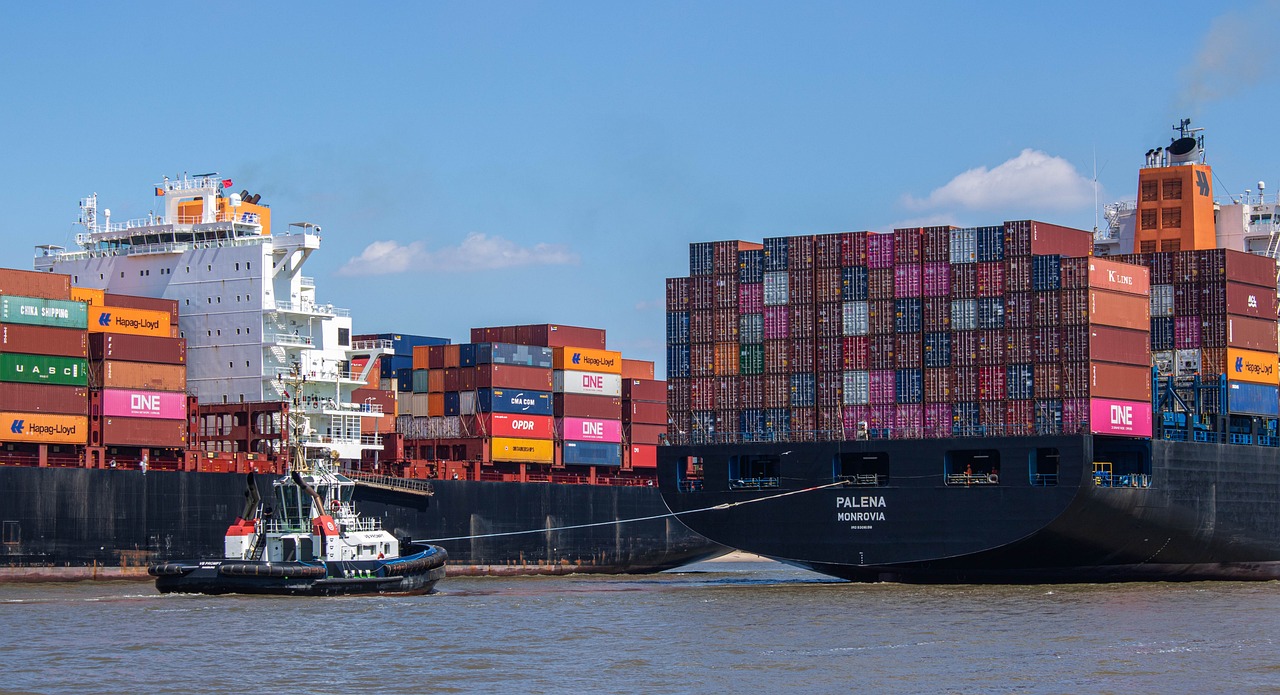Focus | “Know your cargo”: the U.S. note on best practices in goods transportation

On 11.12.2023, the US Departments of Commerce, Justice, Homeland Security, Treasury and of State published a joint compliance note entitled : “Quint-Seal Compliance Note – Know Your Cargo: Reinforcing Best Practices to Ensure the Safe and Compliant Transport of Goods in Maritime and Other Forms of Transportation”.
This publication come just a few weeks after the Price Cap Coalition (consisting of the G7, the UE and the Australia) issued its own warning on Russian price cap evasion and the growing “shadow” trade carried out by non-compliant cargo transporters.
The five US government departments highlighted some tactics commonly used by “malicious operators” in the transportation sector to avoid US sanctions and evade export controls.
The note aims to identify measures that companies operating in freight transportation can adopt to ensure compliance with US laws. Although nominally addressed to “individuals and entities directly involved in the global transportation of goods”, the note is highly relevant to any manufacturer or exporter whose goods or services are sold abroad and who therfore use freight transporation services. Indeed the note frequently refers to “all participants” in international trade, including ship owners, charterers, exporters, brokers, freight forwarders, commodity traders and financial institutions, as well as other entities involved in the freight transportation sectors in various capacities.
Recalling previous OFAC (Office of Foreign Assets Control) guidance on sanction evasion in the maritime transport sector, including the Sanctions Advisory for the Maritime Industry published on 14 May 2020 and the Advisory for the Maritime Oil Industry published on 12 October 2023, the note reiterates practices considered to be “red flags” for companies involved in the trade of goods that may indicate attempts to evade sanctions and export controls, including:
- Manipulation of cargo ship geolocation or identification data;
- Falsification of transport documents, including bills of lading, certificates of origin, invoices and lists of port of call;
- Ship-to-ship transfers carried out at night or in high-risk areas;
- Travel irregularities and use of abnormal shipping lanes or unplanned diversions;
- “Flag hopping” practices, consisting of frequent re-registration of the ship under the flags of different States.
In light of the above, the Compliance Note advises all parties in the global supply chain to “Know Your Cargo” to ensure that they have put in place all compliance policies capable of detecting the above practices, so that they can reduce the potential risks arising from violations of export control and sanctions regulations. Some of the best practices suggested by the US authorities are given as examples:
- Adoption of corporate compliance programmes aimed at export control and compliance with relevant regulations;
- Implementation of robust due diligence to verify the subjective profile of parties involved in the supply chain;
- Use of special safeguards (for example specific contractual clauses);
- Adoption of programmes to monitor the location of ships, vehicles and aircraft in order to detect any previous alteration or deactivation of geolocation or identification data;
- Information sharing among industry players.
Although the recommendations do not have the force of law, the best practices contained in the Compliance Note are particularly important, especially for industry operators active in high-risk geographies or handling high-risk categories of goods. The concept is effectively summarised by the statement “an ounce of prevention is worth a pound of cure” with which the authorities wanted to highlight the fundamental role of prevention in the freight transporation sector.





